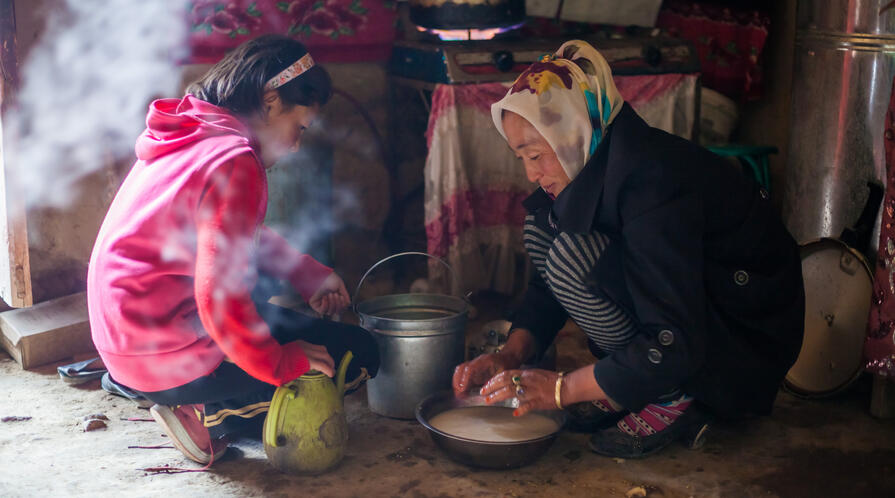Foreign Policy: China Will Run Out of Growth if it Doesn't Fix its Rural Crisis
Foreign Policy: China Will Run Out of Growth if it Doesn't Fix its Rural Crisis
Chorzempa & Huang write on China's rural human capital crisis stating that "no country with China's vast education and public health problems has ever broken out of the ranks of middle-income countries." The article references FSI Senior Fellow and SCCEI Director Scott Rozelle's book "Invisible China: How the Urban-Rural Divide Threatens China’s Rise" throughout.

Foreign Policy: China Will Run Out of Growth if it Doesn't Fix its Rural Crisis
No country with China’s vast education and public health problems has ever broken out of the ranks of middle-income countries.
"At a time when every other major economy is shrinking, China announced in late January that its GDP grew 2.3 percent in 2020. Beneath that impressive achievement, however, lies a very unbalanced recovery: As in the past, Beijing relied heavily on state investment and a state-led push for higher industrial production, while private investment and consumer spending remained weak. Easy credit to fuel growth has likely formed even more so-called zombie companies with little prospect of future profitability and filled the books of Chinese banks with even more bad loans.
That much is familiar to many who have taken a closer look at China’s skewed model for economic growth. What’s much less well known is the disproportionate burden of the COVID-19-induced downturn that has fallen on rural Chinese, including the 290 million migrant workers with rural hukou (household registrations) who work in cities throughout China. Lockdowns forced by the pandemic paralyzed economic sectors where many migrants work, such as services and retail. According to one estimate, Chinese migrant workers lost about $100 billion in wages that they are unlikely ever to recover.
Among migrant workers and the underdeveloped rural communities that depend on the wages they send home, a quiet crisis is taking place—with potentially dramatic consequences for China’s future growth. Despite what the GDP number suggests about the country’s successful handling of the pandemic, China’s longer-term economic risks have only grown—and are a direct result of the crisis in rural China. As Stanford University researchers Scott Rozelle and Natalie Hell document in their meticulously researched book, Invisible China: How the Urban-Rural Divide Threatens China’s Rise, hundreds of millions of rural Chinese face a dangerous lack of human capital and suffer from pervasive health problems, including widespread iron-deficiency anemia, uncorrected myopia, and parasitic intestinal worms. Exacerbated by the pandemic, China’s rural crisis remains largely invisible to outside observers, and even to many Chinese."
